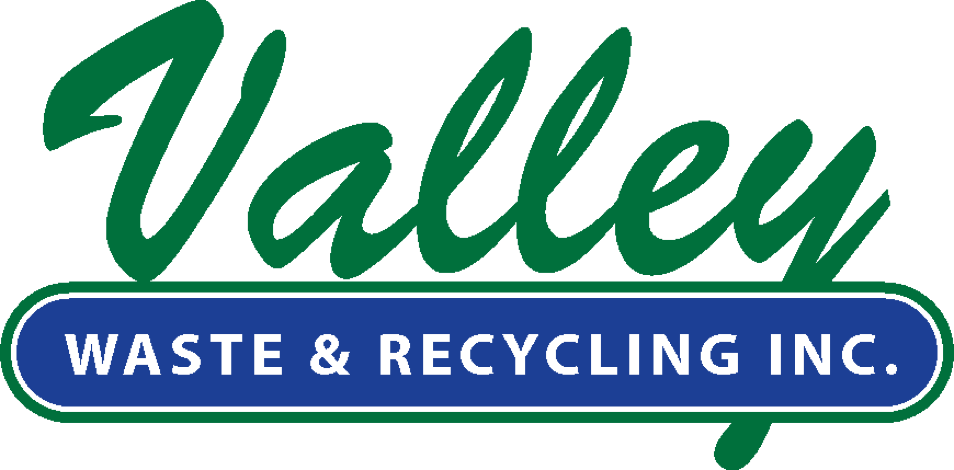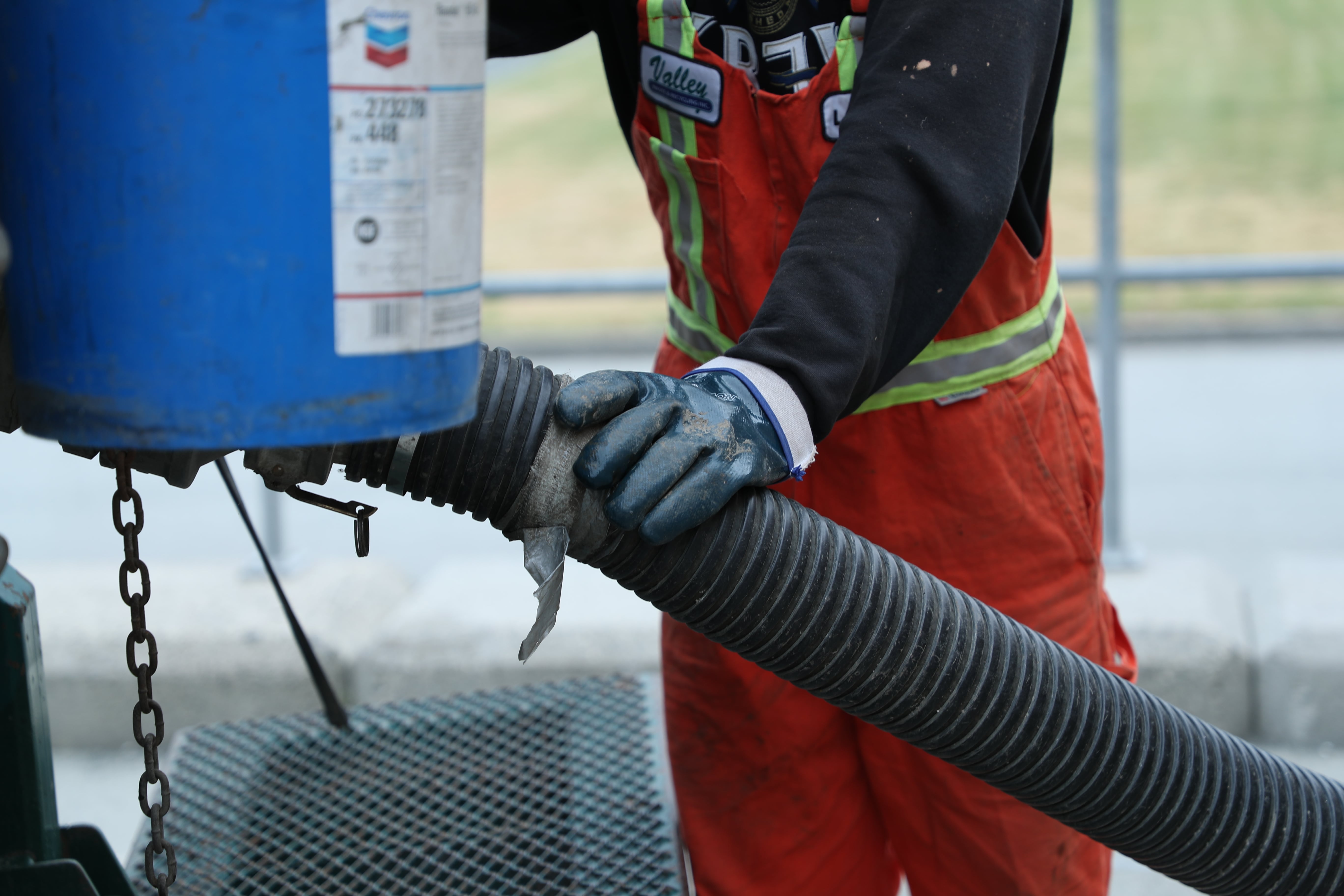There are many benefits to having a septic sewer system, but having one means committing to its regular service to maintain top performance. A common issue we hear from clients is not knowing when it’s time to get theirs emptied, which can be a costly—even catastrophic—mistake.
Typically, septic tanks need to be pumped every three to five years. The exact timeline will depend on your tank’s size, the amount of wastewater you’re generating, and the volume of your solid waste. If you’re moving into a new home and cannot determine the last time the septic tank was pumped, it’s best to have a professional inspect your current system and set a new schedule of pumping.
With that in mind, here are five key signs your tank might need servicing. Keeping an eye out could save yourself everything from a minor inconvenience to a full-on household disaster.
Odors
A septic system collects not only waste but also all the gray water that comes from showering, washing dishes, doing laundry, etc. If that is piling up to an unmanageable level in your septic, you might catch some very unpleasant odours in your yard.
Pooling water
A little water in your backyard? Totally normal, especially in the Valley. The Great Lakes pooling next to your septic is a different story, however. When your tank reaches capacity, solid waste can clog the drain field piping system, forcing liquid to the surface. Take a closer look—you’ll know if it’s not rainwater.
Slow drains
Slow-moving drains in your home could mean anything from a bit of hair stuck in in the shower drain, bacon grease in the kitchen sink or a child flushing its toys down the toilet (we’ve seen it all, folks!). However, if your drains are still slow after proper unclogging steps, it could mean your septic system may be full.
Gurgling water
If you’re hearing gurgling or bubbling sounds in your pipes, or trickling or dripping noises coming from plumbing fixtures like a sink or toilet, you might want to listen. If they’re consistent, this could be your full septic’s cry for help.
Sewer backup
When your tank gets full, what’s inside will fight for somewhere, anywhere, to go. That might lead to sewage seeping into your household sinks, toilets, and tubs. The absolute worst-case scenario is sewage flooding your floors, rendering your house uninhabitable.


